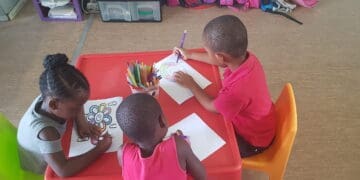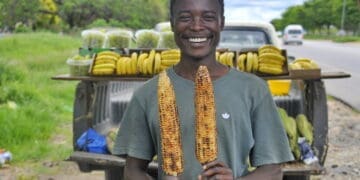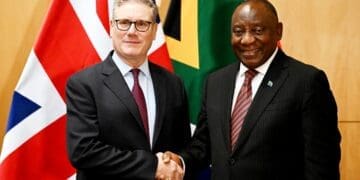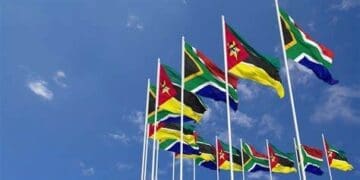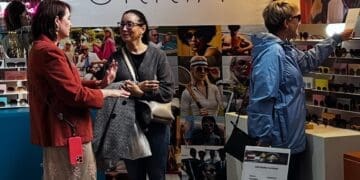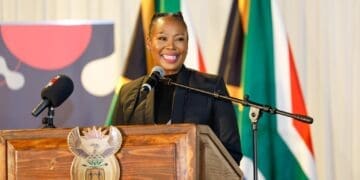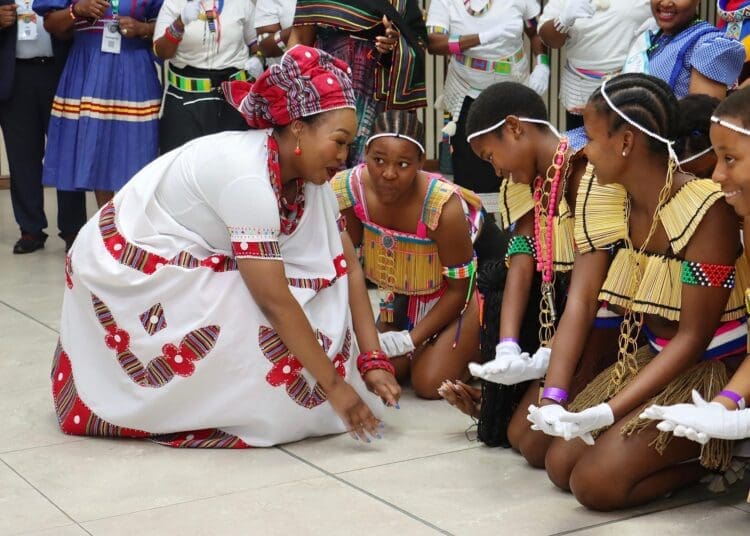South Africa’s promise of inclusive growth is once again being tested with the rollout of the R300 million Women Entrepreneurship Fund, a government-backed initiative launched by Small Business Development Minister Stella Ndabeni-Abrahams to support black women entrepreneurs, particularly those in townships and rural areas. Announced in August, the fund is designed to provide financial support, mentorship, and access to markets for women-owned businesses that have long been excluded from mainstream finance.
At its core, the fund aims to help women entrepreneurs who are often the backbone of informal and micro enterprises that sustain local economies but remain locked out of traditional funding systems.
“This fund must be designed by women themselves, wherever they are, so that it truly addresses their needs,” Ndabeni-Abrahams said during the launch in eMalahleni.
The initiative, which will be administered through the Small Enterprise Development and Finance Agency (Sedfa), promises to focus on real grassroots access, rather than the typical top-down funding approach that has left many township business owners disillusioned.
The Department of Small Business Development said the Women Entrepreneurship Fund forms part of its broader R792 million allocations under the Development Fund for MSMEs for the 2025/26 financial year. Within that, rural and township-based enterprises especially those led by women are set to be prioritised through programmes like the Township and Rural Entrepreneurship Programme. But while government messaging has been strong, many business owners are waiting to see if the fund will live up to its promise.
Entrepreneurs like Dimakatso Kanyanene, who runs Dillets which manufactures maternity and hygiene products and employs eight full-time workers, the biggest challenge has been access to capital and long-term market opportunities.
“For many of us, funding does not just mean expansion. It means survival. The pandemic taught us that without financial backing, small businesses collapse quickly. This fund gives me hope but I am waiting to see how accessible it really is,” she said.
However, other entrepreneurs are more doubtful. Noluthando Zondo, who runs Melo’s Catering in Soweto, says she has not been able to find clear information about how or when applications will open.
“I have seen a lot of government programmes announced, but when you go to find out more, there is nothing concrete. For township women, access to information is as big a barrier as access to finance,” she said.
This concern is not unfounded. Previous state funding initiatives including some under the Small Enterprise Finance Agency, have faced criticism for being slow, bureaucratic, and inaccessible to informal business owners who lack formal registration or collateral. Analysts warn that unless the Women Entrepreneurship Fund is structured differently, it may fall into the same pattern.
In its most recent budget statement, the Department of Small Business Development said it is determined to avoid that outcome by ensuring consultation and co-design with women entrepreneurs across provinces.
“We want the women who actually run businesses in villages, in townships, and in the cities to shape how this fund is structured,” Ndabeni-Abrahams said, adding that application processes and eligibility criteria will be simplified to improve access.
“”Over the last term of government, SEDFA disbursed R5.3 billion to 528,752 women-owned businesses across the country, through both Direct and Wholesale Lending channels. Of the total disbursements, R3.18 billion (or 60% of total disbursements) was disbursed to women-owned businesses operating the rural towns and villages, indicating our commitment to financial inclusion,” she said.
For now, many women-led SMEs are waiting, cautiously hopeful that this time, government will deliver. With small and medium enterprises accounting for over 60% of South Africa’s employment, and women playing a growing role in that sector, the fund’s success could have a ripple effect far beyond its immediate beneficiaries. But as Zondo puts it: “Hope does not pay the bills. We need to see results and soon.”
lazola@vutivibusiness.co.za





